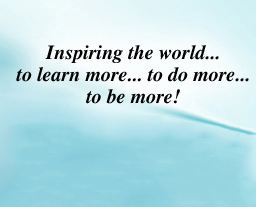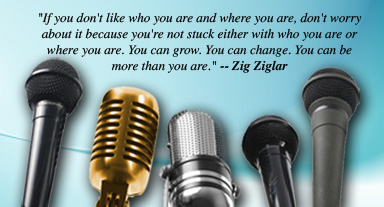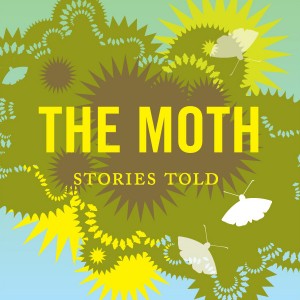One of the most effective tools that can be used in public speaking is storytelling.
Oral storytelling is an ancient tradition that has likely existed since humans first began to speak. And it is a tradition that still persists today.
Stories are how we connect with others. Stories are how we learn. In fact, nothing engages and captivates an audience better than a good story. But the stories you tell as a professional speaker should do more than just entertain. When speaking in public, it is important that the stories you share are relevant to your overall topic and presentation, and that they reflect your greater message. In her article “3 Tips for Effective Storytelling,” professional speaker Gilda Bonanno writes: “As you’re preparing your presentation and practising your story, think about it from the audience’s point of view. An irrelevant story, no matter how funny or unusual, will only distract from your message.”
So what types of stories should you tell?
Tell stories about yourself: about your own life, about your own experiences. Tell stories about personal challenges you’ve faced and obstacles you’ve overcome. Tell stories about things that have really happened to you. And most importantly, tell stories that your audience can relate to. There is no better way to connect with your audience than by sharing your personal history.
One of the most important aspects of storytelling is knowing your story inside and out. So – I’ve said it before and I’ll say it again – practise, practise, practise. Tell your story out loud. Tell it to everyone you know and tell it to everyone you meet. Tell it to your mom. Tell it to your cat. You don’t have to memorize your story word for word, but you should know it innately. Know the characters, know the sequence of events and know all the important descriptive details. The more instinctively you know your story, the more you can focus on your presentation and how you deliver that story to the audience.
When you tell your own stories – as opposed to stories you’ve read or heard about elsewhere – you tell them with more feeling, more passion and more emotion. Under the guise of a story, an everyday real-life occurrence can become a life-changing learning experience.
For some examples of storytelling at its finest, you should really check out The Moth.
The Moth is a non-profit organization dedicated to the art and craft of storytelling. Their slogan is: “True stories told live.” Since 1997, The Moth has hosted a wide range of storytelling events and workshops across the United States and Canada, including their headliner event The Moth Mainstage, a speaking event in New York City that has featured hundreds of stories told by people both well-known and not. The organization also hosts open mike storytelling competitions across the country and runs a community education program teaching storytelling principles and practices to students and marginalized adults in needy communities.
Looking for some storytelling inspiration? The Moth posts stories – all of which are moving, engaging and entertaining – on their website here. The group also runs a storytelling radio program and a podcast, where you can download a story for free each week. Plus, check out their events page for a storytelling event happening near you.
Want to share your story? The Moth is currently accepting story submissions to be featured on their website and radio show and live on The Moth stage. It’s a great opportunity for professional speakers like you to share your stories with a wider community. Click here to find out how to get your story heard.



